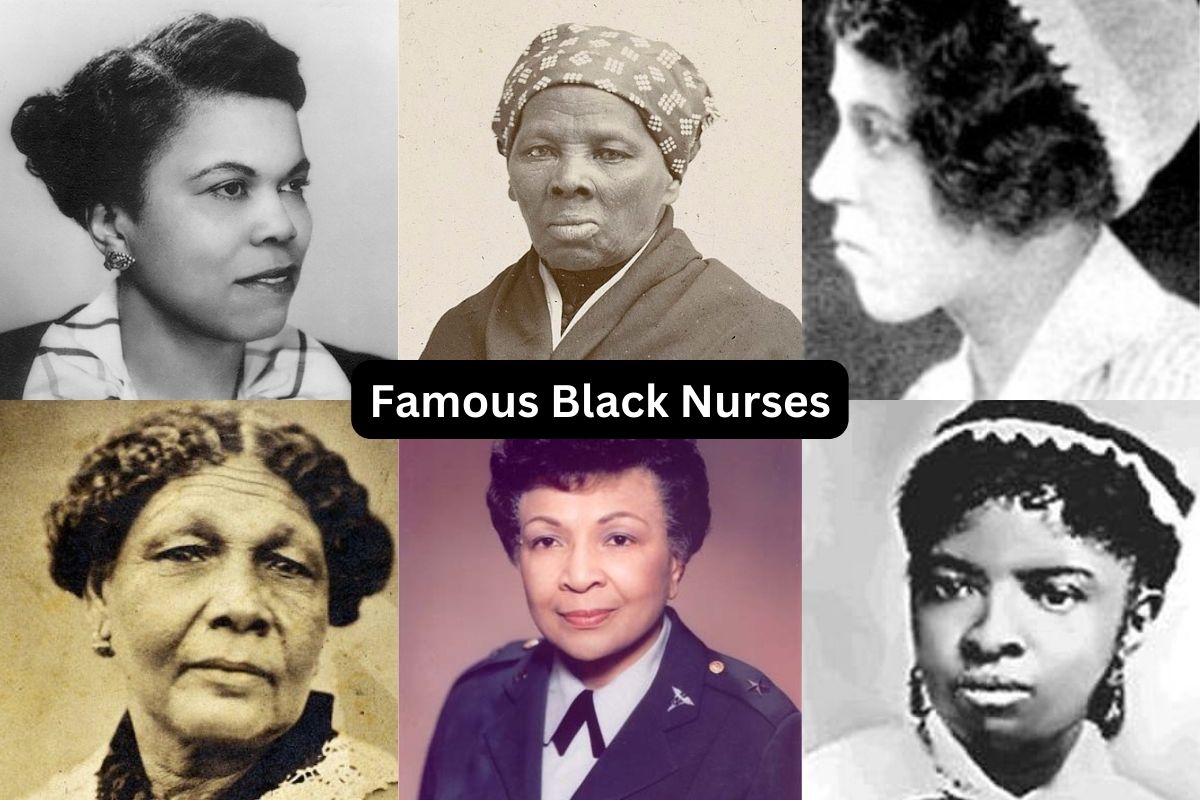Black nurses have played a vital role in shaping the nursing profession and advocating for equality in healthcare.
From Mary Eliza Mahoney, the first Black professional nurse in the U.S., to modern leaders like Hazel Johnson-Brown, the first Black woman to achieve the rank of general in the U.S. Army Nurse Corps, these individuals have broken barriers, advanced nursing education, and improved healthcare access for all.
Their contributions have left a lasting impact on nursing and stand as a testament to resilience, leadership, and dedication to equitable healthcare for diverse communities.
Famous Black Nurses
1. Mary Eliza Mahoney
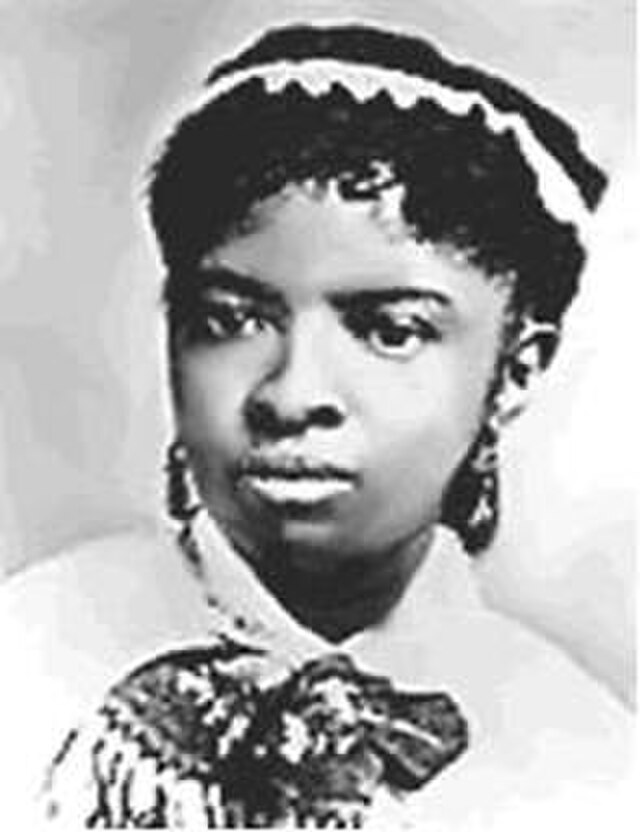
Mary Eliza Mahoney is often recognized as the first Black professional nurse in the United States. She was born in Dorchester, Massachusetts, and became a registered nurse in 1879 after completing the rigorous nursing program at the New England Hospital for Women and Children.
Mahoney was known for her dedication to patient care and her advocacy for racial equality in the nursing profession. She worked as a private-duty nurse for most of her career, caring for a diverse range of patients.
Her commitment to excellence and her efforts to break down racial barriers in nursing laid the foundation for future generations of Black nurses.
2. Harriet Tubman

Harriet Tubman, an abolitionist and civil rights campaigner in the United States (born Araminta Ross in March 1822; died March 10, 1913).
To save the lives of roughly seventy slaves, including many of her own relatives and friends, Tubman exploited the anti-slavery organization and its network of safe homes (the Underground Railroad).
She was a Union Army armed scout and spy during the American Civil War. In her later years, Tubman fought for the right of women to vote.
During the Civil War, Tubman worked as a cook, nurse, scout, and spy for the Union Army. She was the first woman in recorded history to conduct an armed expedition during a war when she attacked Combahee Ferry and freed more than 700 slaves.
In 1859, she bought a house in Auburn, New York and moved back there to take care of her aging parents.
She fought for women’s suffrage and helped build a house for black retirees before she got sick. Therefore, she became a symbol of defiance and freedom.
3. Mabel Keaton Staupers

Mabel Keaton Staupers was a prominent African American nurse leader and advocate for racial equality in the nursing profession.
She was born in Barbados and later moved to the United States. Staupers played a crucial role in advocating for the desegregation of the U.S. military nursing corps during World War II, which eventually led to the lifting of the color barrier in the Army and Navy Nurse Corps.
She served as the executive secretary of the National Association of Colored Graduate Nurses (NACGN), where she worked tirelessly to address racial discrimination and improve opportunities for Black nurses.
Staupers’ efforts were instrumental in helping the NACGN merge with the American Nurses Association (ANA) in 1951, marking a significant step toward inclusivity in the nursing profession.
4. Adah Belle Thoms
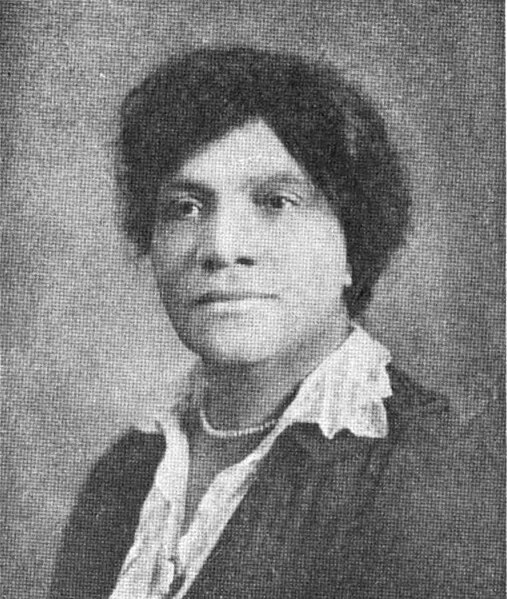
Adah Belle Samuels Thoms was an influential figure in nursing and a leader in advocating for the rights and professional advancement of Black nurses. She was born in Canada and later moved to the United States.
Thoms co-founded the National Association of Colored Graduate Nurses (NACGN) in 1908, which aimed to address racial disparities and provide support for Black nurses. The NACGN played a crucial role in advocating for equal opportunities and working conditions for Black nurses.
Adah Belle Samuels Thoms’ dedication to nursing education and her advocacy for racial equality contributed significantly to the progress of the nursing profession and the advancement of Black nurses.
5. Susie King Taylor

Susie King Taylor (August 6, 1848 – October 6, 912) was the first African American nurse to respond to the American Civil War.
Both a brilliant nurse for the 1st South Carolina Volunteer Infantry Regiment and the first Black woman to self-publish her memoirs, Taylor made history.
She wrote a book titled Reminiscences of Camp Life with the 33rd U.S. Colored Troops, Late 1st S.C. Volunteers. After the Civil War, she created several schools in Georgia for formerly enslaved Black people.
As a Southerner during the Reconstruction Era, Taylor witnessed firsthand the deplorable treatment of African Americans at the hands of Jim Crow and the Ku Klux Klan, and this inspired him to fight for their rights. The widespread lynching of African-Americans and the racist attitude of southern law toward people of color are both discussed in Taylor’s book.
In 1886, Susie King Taylor was instrumental in the formation of a Women’s Relief Corps unit that would later bear her name. She wore many hats, including guard, secretary, and treasurer.
She was elected president of the Corps 67 in 1893. She assisted in the 1896 census of all Union Veterans living in Massachusetts, which resulted in the creation of a complete registry of American Civil War veterans. The work she did helped a lot of her countrymen.
For the all-black corps, she served specifically with the Robert A. Bell Post in Boston.
6. Mary Seacole
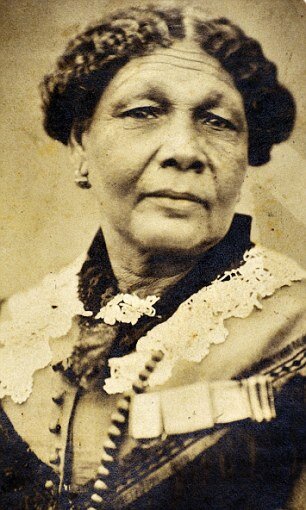
Mary Seacole was not a nurse but rather a pioneering Jamaican-British woman who made significant contributions to healthcare during the Crimean War. She is often compared to Florence Nightingale, who is known as the founder of modern nursing.
While Mary Seacole did provide care and support to wounded soldiers during the war, she did not have formal nursing training.
Mary Seacole is celebrated for her determination, resourcefulness, and her efforts to provide medical aid and comfort to soldiers on the battlefield. She set up the “British Hotel,” a place where she provided food, medical supplies, and care to wounded soldiers.
Her story highlights the important role that women of color played in history, even when faced with discrimination and obstacles.
7. Hazel Johnson-Brown
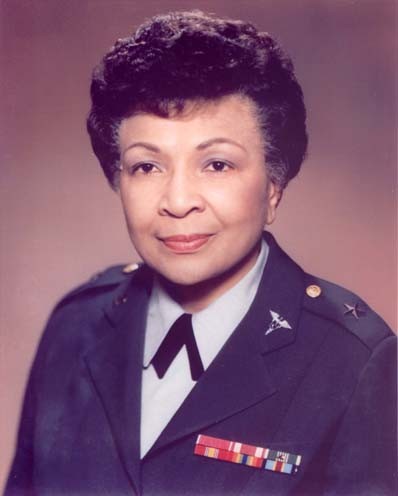
Hazel Johnson-Brown was a trailblazing African American nurse and military officer. She made history by becoming the first Black woman to achieve the rank of general in the United States Army and the first Black Chief of the Army Nurse Corps.
Johnson-Brown’s accomplishments were groundbreaking in the fields of both nursing and the military. Her leadership and dedication contributed to advancements in healthcare within the military and helped pave the way for greater diversity and inclusion in the armed forces.
8. Betty Smith Williams
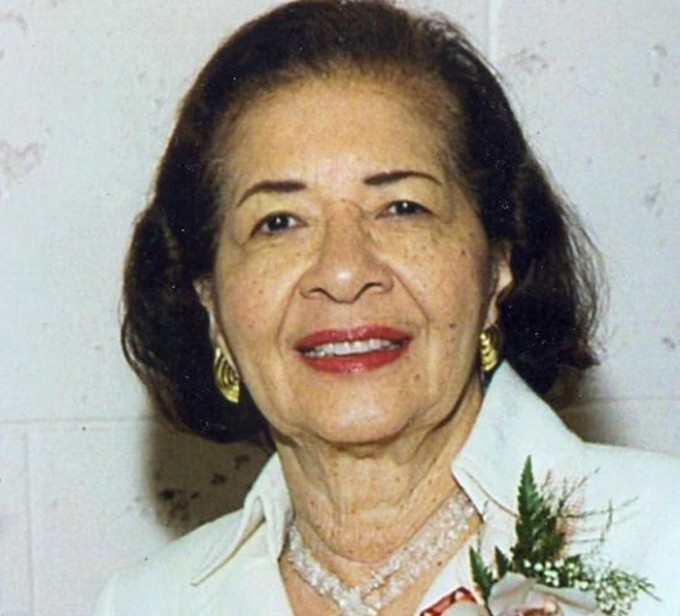
Betty Smith Williams is an African American nurse leader who has made significant contributions to nursing education and diversity within the field. She was the first Black woman to hold a deanship at a university in the United States.
Williams has been an advocate for diversity and inclusion in nursing education and has worked to improve opportunities for underrepresented groups in the nursing profession.
She has also been involved in nursing research and leadership roles, contributing to the advancement of nursing practice and education.
9. Estelle Massey Osborne
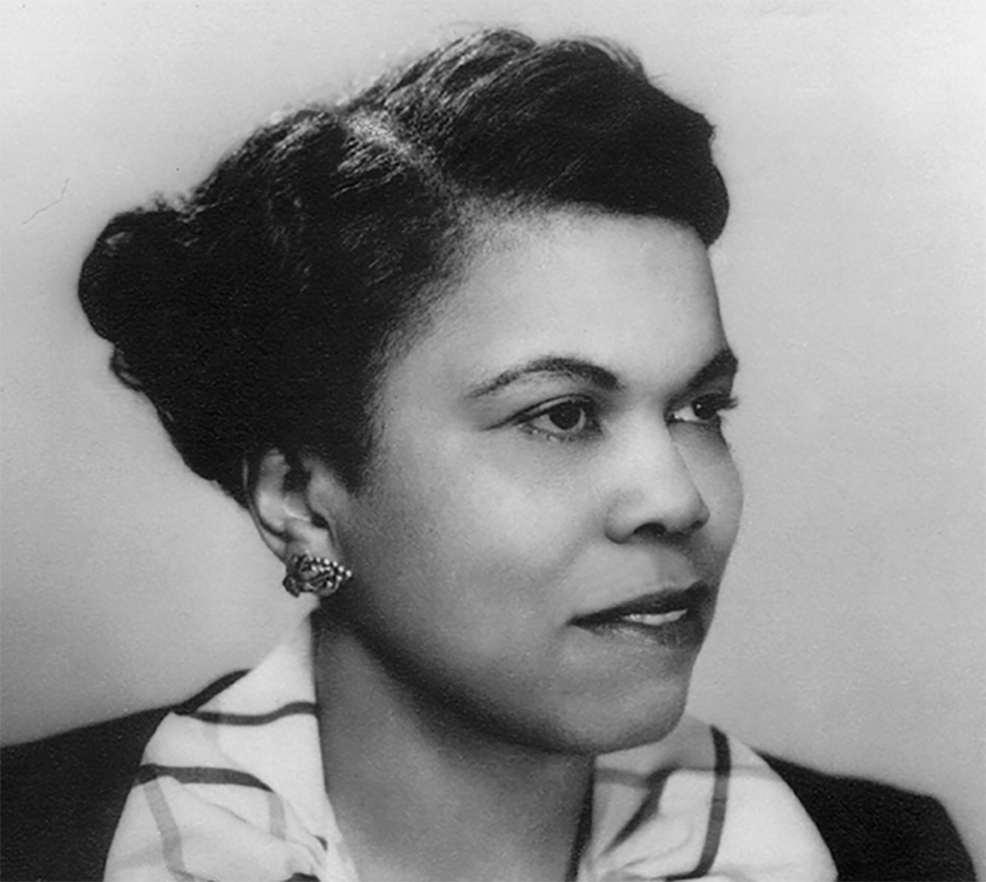
Estelle Massey Osborne was an influential African American nurse, educator, and leader in the nursing profession. She is known for being the first Black woman to earn a Master’s degree in nursing.
Osborne played a crucial role in advancing nursing education and addressing racial disparities in healthcare. She was dedicated to improving nursing care for marginalized communities and advocating for increased opportunities for Black nurses.
Osborne’s contributions helped shape the trajectory of nursing education and practice, with a focus on equality and excellence.
10. Martha Minerva Franklin

Martha Minerva Franklin was a pioneering African American nurse and activist. She played a vital role in advocating for racial equality and the professional advancement of Black nurses.
Franklin was one of the co-founders of the National Association of Colored Graduate Nurses (NACGN) in 1908, which aimed to address discrimination and improve opportunities for Black nurses.
Her leadership and determination contributed significantly to the growth of the NACGN and its efforts to promote inclusivity within the nursing profession. Franklin’s legacy as an advocate for racial justice and nursing education continues to inspire nurses today.
